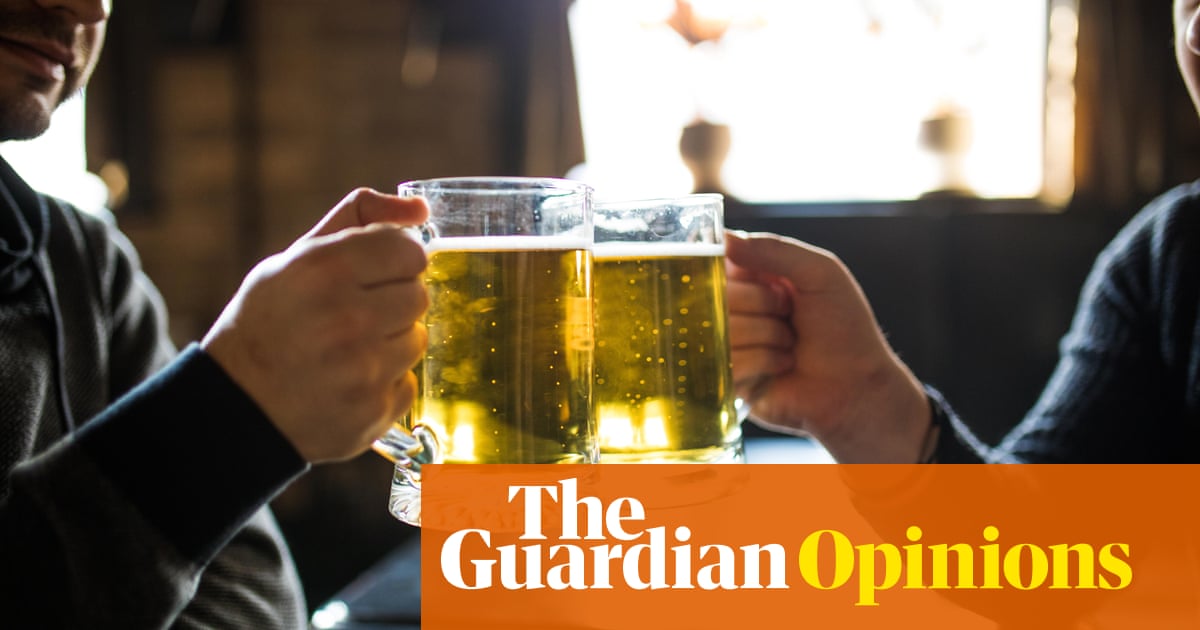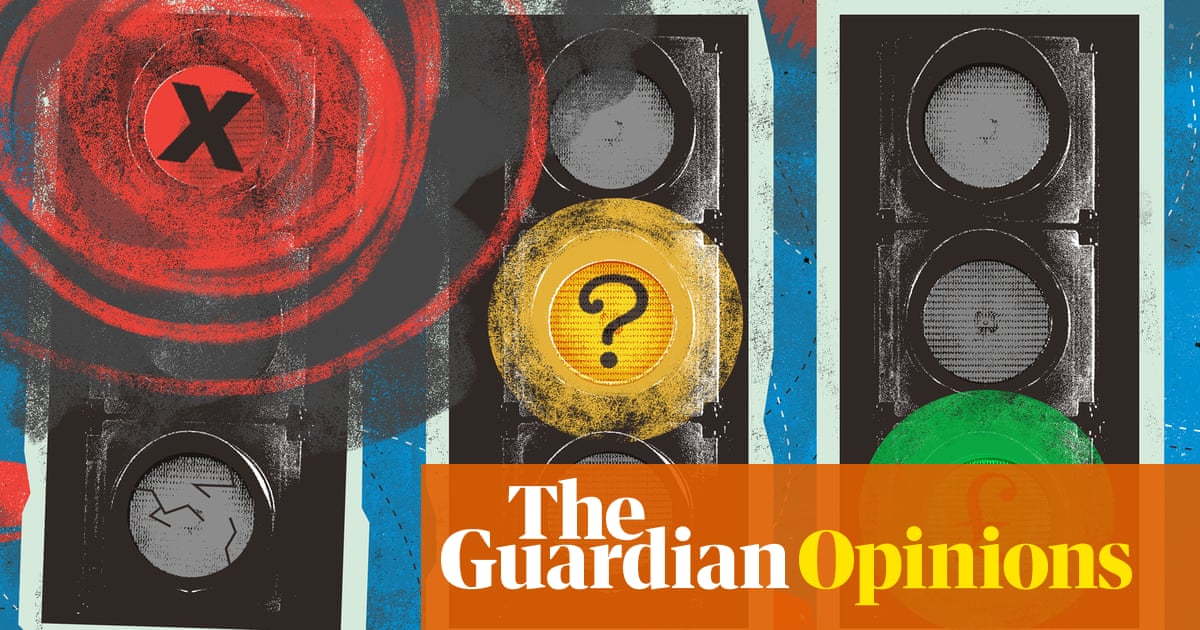
We’ve all heard the refrain: “Britain has a drinking problem.” It’s an issue that long predates the Covid-19 pandemic, but evidence for this claim seems more stark than ever. Millions were drinking at harmful levels while stuck at home during lockdown, and alcohol-caused deaths – mostly from liver disease – soared to a 20-year high in 2020. The closure of vital support services also contributed, with higher rates of relapses and fewer referrals from doctors and hospitals, while large numbers of long-Covid patients are consuming problematic amounts of alcohol, one small study has suggested.
The causes for such patterns seem equally clear: the extreme stress, boredom, trauma and isolation of a protracted and dangerously mismanaged pandemic, in combination with Britain’s deep-rooted drinking culture and general human proclivity for the relaxing properties of alcohol. These demand-side factors are essential to understanding alcohol use here – or anywhere else. Beer, wine and spirits aren’t unilaterally foisted on to the British public, but consumed with enthusiastic participation by drinkers.
But what we’re not talking about nearly enough is the influence of supply-side contributors on our national consumption: namely, the incredibly powerful multinational companies that produce and sell alcohol for enormous profits, including brewers (such as AB InBev and Heineken), distillers (such as Diageo and Pernod Ricard), and both “off-trade” and “on-trade” retailers (such as Tesco and Stonegate, respectively). Alcohol has an extremely long and complex history, but its ever-increasing ubiquity is largely the product of its commodification and deregulation by Big Alcohol.
The industry and its army of trade associations and front groups incessantly jostle to increase consumption, market share and profits, manipulating and influencing pricing and taxation, licensing and density of retail, advertising and sponsorships, international trade agreements, obfuscating scientific findings, and delaying public health efforts. Rather than being subjected to intense tobacco-style restrictions, the alcohol industry has so far successfully fought to maintain “self-regulation” and offload responsibility for alcohol-related harms on to individual “problem” users, especially through the discourse of “responsible drinking”.
But alcohol-related harms are not restricted to those experiencing dependency (about 600,000 people in England alone). Even relatively low doses of alcohol consumed on a regular basis increase the risk of health issues, including digestive and cardiovascular diseases, traumatic injuries and cancers of the oesophagus, liver and breast; a recent study estimated that almost 750,000 new cancer cases in 2020 were attributable to alcohol use worldwide, including about 100,000 from “moderate drinking”. Previously heralded claims of alcohol, especially red wine, providing a “protective” function for issues such as heart disease and diabetes are also in doubt and now considered “offset by monotonic [closely correlated] associations with cancer”.
Advertisement
The crisis of alcohol-related harms is principally caused by the fact that the profit-motivated alcohol industry structurally incentivises higher-risk drinking. Industry revenues would drop by 38%, or £13bn a year, if all drinkers used alcohol below recommended guidelines, according to one study. Companies have a clear vested interest in preventing such reductions, yet it’s exactly this kind of structural change – rather than voluntary and ineffective measures preferred by industry – required to seriously curb alcohol harms.
Public health organisations, such as the World Health Organization, have long called for measures to reduce the power of the alcohol lobby through bans on advertising, limiting the density and hours of retail, and increasing taxes and minimum unit pricing. Other policies in this vein include mandatory nutritional information and warning labels, prohibiting industry involvement in policymaking and coordinating global restrictions to limit predatory capital flight. The profit motive driving constant expansion of consumption should also be curbed through increased public ownership of production and retail. But restrictions alone will not be enough.
We also desperately need to start a conversation around genuine alternatives to its use. For starters, there needs to be a massive expansion of free and public alcohol-specific healthcare for higher-risk drinkers that doesn’t demand sobriety as a condition of use, including managed alcohol programmes, therapy, medication-assisted treatment and psychiatric care. This should also include public development of desirable alternatives such as “synthetic alcohol”, legalisation and regulation of lower-risk psychoactive drugs, and promotion of public spaces that aren’t exclusively oriented around alcohol use.
Ultimately, this is about expanding opportunities for relaxation, socialising and pleasure in ways that don’t eventually kill, injure or harm. It’s undoubtedly an enormous undertaking given the dominance of Big Alcohol over global policy, discourse and imaginations. Radical and systemic political action is urgently required if we are to stand any chance of addressing Britain’s great drinking problem – or we will continue to mourn it.
James Wilt is the author of Drinking Up the Revolution: How to Smash Big Alcohol and Reclaim Working-Class Joy












